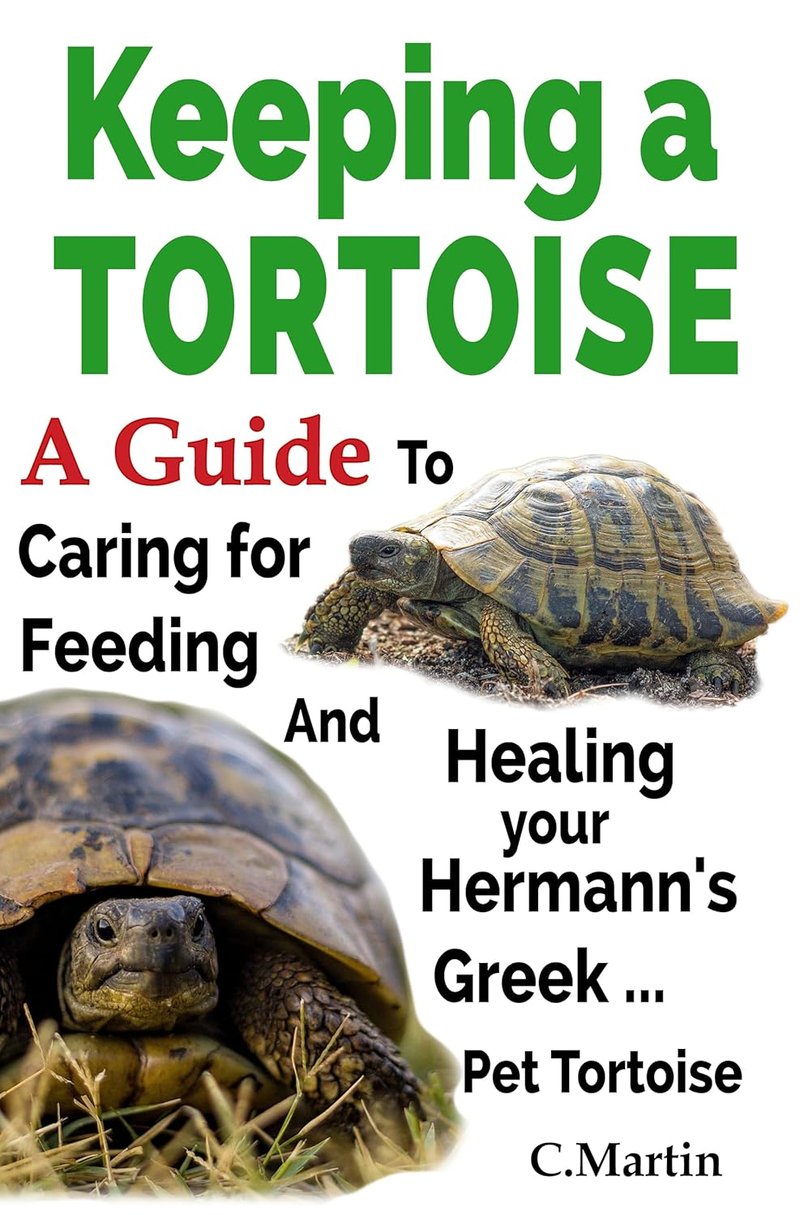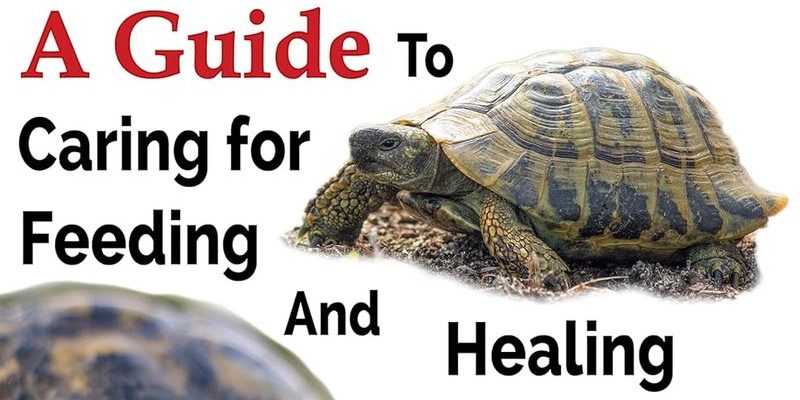
Maintaining the health of your Hermann’s tortoise goes beyond just feeding them the right food; it involves creating a suitable habitat, monitoring for common health issues, and knowing what preventative measures to take. Let’s dive into the important aspects of keeping your tortoise healthy, including common problems that may arise and how to prevent them effectively.
Creating the Perfect Habitat
When you think about your tortoise’s home, picture a cozy little oasis designed just for them. Hermann’s tortoises are native to warm, sunny regions, so your habitat should mimic that as closely as possible. Here’s what you need to consider:
Space: Your tortoise needs room to roam. A spacious enclosure is crucial. Aim for at least a 4×8-foot area if they’re going to live outdoors. Inside, a large terrarium can work as long as it’s well-ventilated.
Heating and Lighting: Hermann’s tortoises require a heat source to regulate their body temperature. Use a heat lamp during the day to provide warmth. A basking spot should reach around 90°F, while cooler areas should be around 70°F. Don’t forget about UVB lighting! Tortoises need UVB rays to synthesize Vitamin D3, which is essential for calcium absorption.
Substrate: The type of substrate you use can impact your tortoise’s health. A mix of soil and sand promotes digging and is closer to their natural environment. Avoid cedar or pine shavings, as they can be harmful.
Feeding Your Tortoise Right
Did you know that what you feed your Hermann’s tortoise can determine its overall health? Just like us, they thrive on a balanced diet. Here’s how to keep their meals interesting and nutritious:
Diversity is Key: Hermann’s tortoises are herbivores, and they love a variety of greens! Offer them leafy vegetables like kale, dandelion greens, and collard greens. You can also add in flowers like hibiscus for extra flavor—just make sure they are pesticide-free.
Calcium and Supplements: Sometimes, a regular diet doesn’t provide all the nutrients your tortoise needs. Sprinkle calcium powder on their food a couple of times a week. This helps prevent metabolic bone disease, a common issue in tortoises.
Hydration Matters: Provide fresh water daily. While they may not drink a lot, soaking them for about 20 minutes a few times a week can help keep them hydrated.
Common Health Issues
Every pet can face health problems, and Hermann’s tortoises are no exception. Here are some common issues you should be on the lookout for:
Respiratory Infections: If your tortoise is sneezing or has mucus around its nose, it might be battling a respiratory infection. This can often be due to inadequate temperatures in their habitat. Keep it warm and consider a vet visit if symptoms persist.
Shell Problems: Any soft or irregular areas on the shell could indicate metabolic bone disease or shell rot. It’s crucial to maintain a proper diet and environment. If you notice any abnormalities, consult a veterinarian for advice.
Weight Issues: Both obesity and underweight conditions can be serious. Keep an eye on their weight and adjust their diet if necessary. Consult your vet if you’re unsure about their ideal weight.
Preventive Measures: The Best Medicine
Preventing health issues is often easier and more effective than treating them later. Here are some smart prevention strategies:
Regular Check-ups: Schedule annual visits to the vet who specializes in reptiles. They can help catch any potential health issues early.
Monitor the Environment: Regularly check the temperatures and humidity levels in their habitat. A digital thermometer can help you ensure they’re living in a comfortable climate.
Keep It Clean: This may sound simple, but regularly cleaning your tortoise’s enclosure can help prevent the spread of bacteria and parasites. Remove uneaten food daily and do a thorough clean weekly.
Understanding Behavior Changes
Your Hermann’s tortoise might not be the most expressive creature, but changes in behavior can signal health issues. Here’s what to watch for:
Lethargy: If your tortoise is spending more time than usual hidden or inactive, it might be feeling unwell. This could result from improper heating or a nutritional deficiency.
Appetite Changes: A sudden drop in appetite can be a sign of stress, illness, or environmental issues. Keep track of their feeding habits.
Shell Changes: As mentioned earlier, shell abnormalities can indicate health problems. Regularly inspecting their shell can help you catch issues early.
Handling and Interaction
While Hermann’s tortoises aren’t the cuddly pets that some other animals are, they still benefit from gentle handling and interaction. Here’s the scoop:
Gentle Touch: If you’re going to pick them up, make sure your hands are clean, and handle them gently. Always support their body fully; a sudden drop can cause injury.
Observation Time: Spend time observing your tortoise in its habitat. This can help you learn about their behaviors and recognize when something feels off.
Short Interaction Sessions: Limit handling sessions to short visits. While they can adapt to interaction, they still prefer their own space.
Keeping your Hermann’s tortoise healthy is a rewarding journey. By building a proper habitat, providing the right diet, and being aware of common health issues, you can ensure that your shelled friend enjoys a long, happy life. Remember, the key is to observe, interact, and provide the best care possible. So, enjoy your time with your little tortoise buddy—you might just find that they bring more joy to your life than you ever expected!

